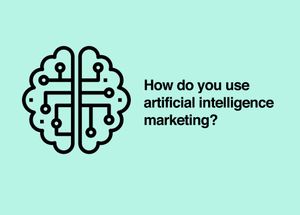What is artificial intelligence marketing? How do you use artificial intelligence in marketing?
This playbook attempts to give a basic overview of artificial intelligence and its applications for marketing and marketing technology.
While AI and marketing may seem like science fiction, there are already many products and organisations using AI in different ways. As a marketer it's critical you have a strong understanding of the applications of AI marketing so you can set your organisation up for the future.
What is Artificial Intelligence Marketing?
Martech Playbooks defines Artificial Intelligence Marketing as:
The science of using smart machines to perform marketing tasks.
Within AI there are several different sub-categories such as Machine Learning (ML) and Deep Learning. Both have different applications for how they can be used in marketing.
Machine Learning (ML)
Machine learning is the use and development of computer systems that are able to learn and adapt without following explicit instructions. Some examples of ML marketing include using algorithms and statistical models to either gain marketing insights or to improve customer targeting.
Due to the nature of ML using algorithms and modelling, this skillset tends to sit within an organisation's data team.
Deep Learning and Artificial Neural Networks (ANNs)
Deep learning is a subset of machine learning that focuses on artificial neural networks (ANNs).
All artificial neural networks rely on an input, a process or 'hidden layer' and then an output. The process part consists of different layers and nodes that allows for sophisticated logic. It's these series of layers in artificial neural networks that give the term 'deep learning'.
Once these artificial neural networks are designed, they can perform sophisticated tasks such as image identification, navigation, generate content and more.
AI Research Labs
These are organisations that focus on the research and development of AI technologies. Research labs are funded by grants opposed to selling products, however some research labs allow the use of their technology via APIs and have a pricing structure.
- OpenAI - DALL-E (Image generation)
- OpenAI - ChatGPT (Information generation)
- OpenAI - Codex (Code generation)
- Midjourney (Image generation)
How to use artificial intelligence in marketing?
Martech Playbooks identifies several different ways of using AI within a marketing context.
Generative AI
A key part of being a marketer is managing and developing creative content and as such marketers tend to be experts in developing creative work (either in-house or with external help). For many marketers, this creative element of the role is one of the reasons they love working in marketing. Developing videos, imagery and copy is part of the marketing development process.
However, there are now many AI products available that write copy, generate videos and imagery causing much disruption to the creative industries.
There are many applications of generative AI from a creative development perspective, including creative concept development, graphic design, brand design, web/app design, and more.



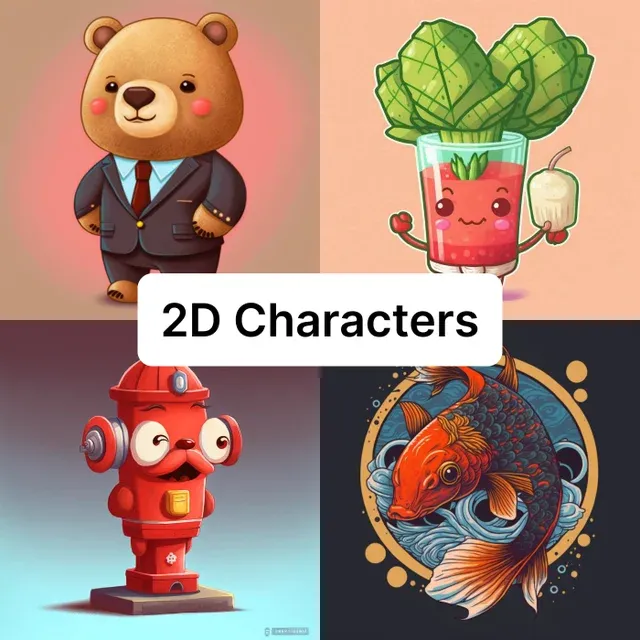

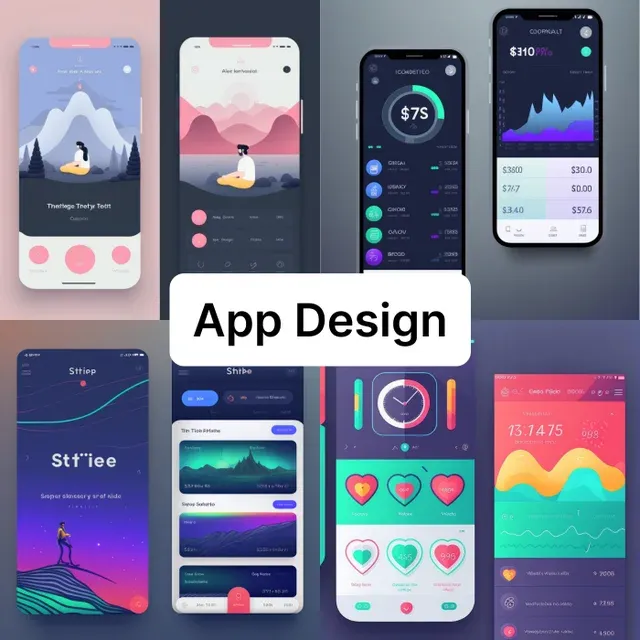
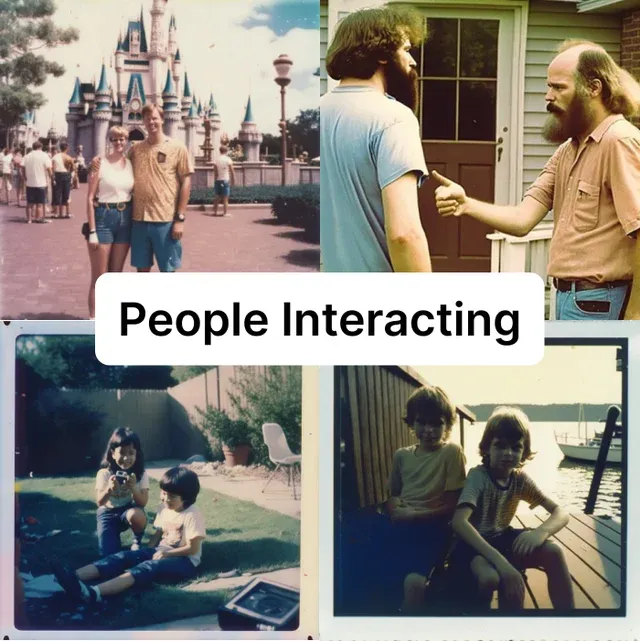

AI communication and chatbots
Natural Language Processing (NLP) focuses on computers and the human language. In a marketing context this includes generating copy, text-to-speech, speech recognition (transcripts), chatbots, grammar correction, summarising text, conversations with humans, and much more.
We have seen rapid advancement in this space, with there being many AI powered chatbots available to implement as part of servicing customers.
An advantage of a bespoke AI chatbot is the depth of knowledge it can access such as case numbers, history of communications, escalation after certain criterias, and even identifying customer moods/tones. However, like all AI it also requires access to accurate source data and thorough testing for it to be able to assist the majority of customer inquiries.
Video communication platforms and avatars allow for quick video creation that deliver messages and in multiple languages. The application for these AI videos range everything from explainer videos, event management, news, user experience, tutorials and more.
AI service improvement
Irrespective of content development, marketers also strive to improve their product service and experiences. This also includes automating marketing processes and tasks whether this be using models to trigger email sends, personalisation, research, identifying insights, collection and cleaning of data, improved analytics, algorithms to improve targeting, and so on. These AI platforms assist in the back-end processes opposed to the creative development.
End-to-end AI marketing
End-to-end AI marketing is using an independent AI to manage the overall processes, optimisation and performance of marketing initiatives. Currently this has not yet been achieved by any organisation, however there are steps to take to make sure your organisation continues to innovate for AI.
End-to-end AI marketing requires the below foundational steps to achieve an effective result.
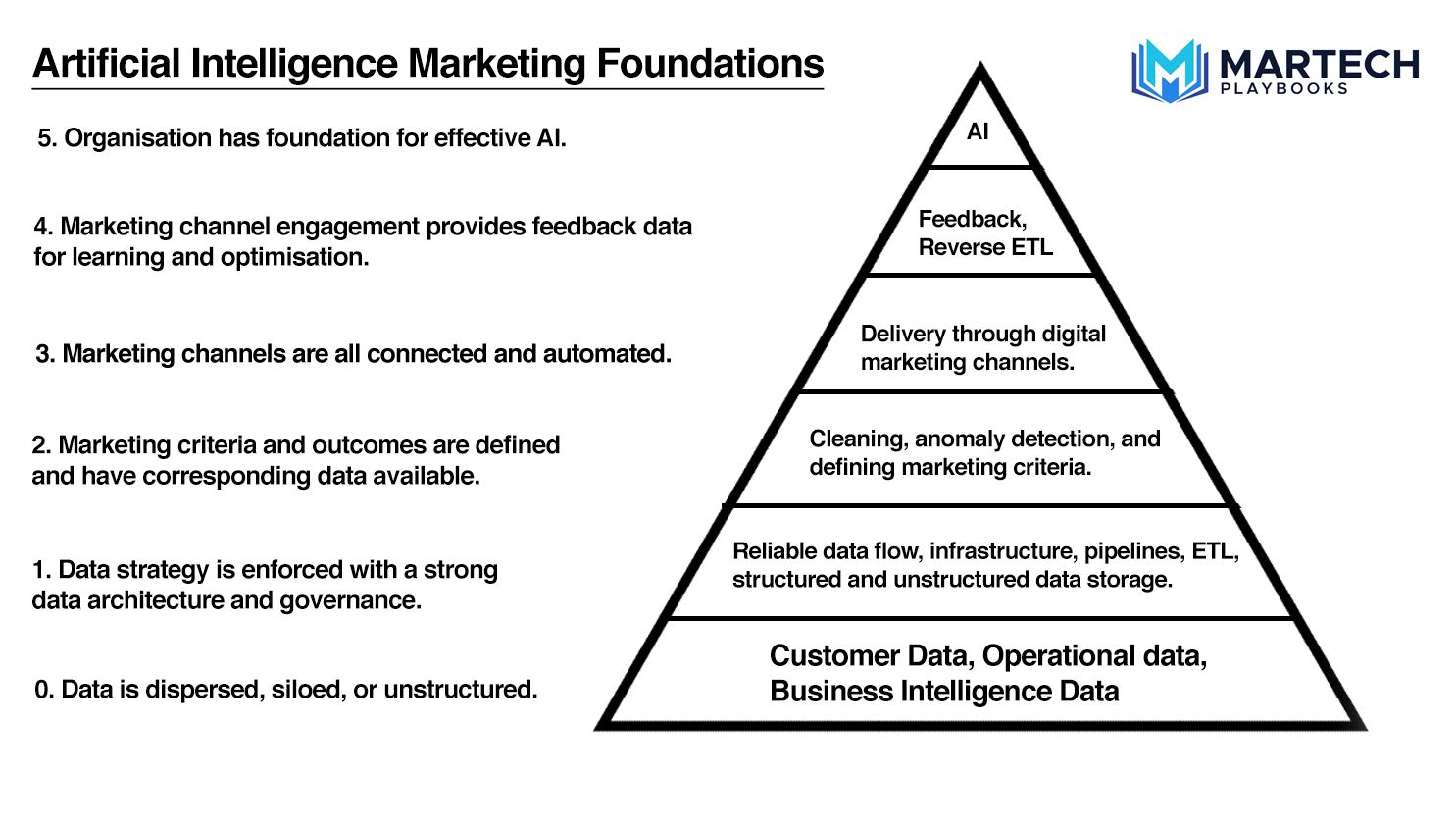
Note that digital assets also fall within data (stored, labelled and accessible) - this otherwise known as the 'content layer'.
Pros 👍
Note that there are different applications of AI, so some of these examples may be very specific to generative AI, end-to-end AI or other areas.
- Speed - One of the advantages of using generative AI is that you can create designs in seconds. Your creative brief is simply a prompt, which can be changed, refined and developed very quickly. You also have the advantage of not being restricted to working hours. The benefits of speed are well known in marketing, allowing for ideas based on recent trends and news to hit home with your desired marketing target.
- Unlimited creative versions - Traditional creative concept development usually works by having several options (usually 2 or 3), determining a route and then finessing the concept. However with generative AI you could have potentially 1000's of different ideas, layouts, and designs at your fingertips to explore, experiment and test with your target.
- Creative customisation - While traditional creative and design do have a level of flexibility, generative AI allows you to change the style, colour, content which may not be possible in traditional concept development. An example is changing a photograph that you've already paid a photographer, you could pay a retoucher to customise the image, however with generative AI you can simply re-prompt the AI to adjust key visual elements.
- Cost savings - While the initial set up of AI is expensive, the potential to save costs on manual tasks will be significant as these tools can remove the need for some creative development and certain analytics.
- Ongoing optimisation - AI models use machine learning and are capable of continually improving its output as new information is provided through its source data.
Cons 👎
- Navigating ethical marketing - There are a range of ethical considerations that your organisation needs a policy on before rolling out any sort of AI. These include image usage rights with generative AI, letting customers know they are speaking with AI, giving people choice in who and how they are communicated to, how customer data is used by machine learning models and even monitoring the behaviour of AI to ensure it's appropriate communication.
- Relies on accurate source data - Regardless of the AI models being used, they ultimately rely on very accurate and structured data. Both Midjourney and DALL-E provide great output imagery due to their comprehensive libraries and labelling systems. An organisation must have structured data for enterprise AI to be effective.
- How AI can interpret tasks - One of the challenges with giving instructions to AI is that it accomplishes the task but can have negative impacts on its method or technical result. For example, if you ask an AI car to drive from A to B and it drives off the road and through a house, reaching its destination quickly. It technically achieved its task but not in the method that was acceptable. There is a great Ted video that articulates this challenge.
- Bases it's decisions on historical data - Regardless of the creativity and ideation that comes from AI, it still relies on historical data. This means it's limited in its ability to construct images, ideas, coding and much more.
- Organisational buy-in - Due to the hype that surrounds AI and more recently the hype around non-critical business technologies such as crypto and NFTs, management leaders are skeptical of implementing technology without a strong business case and alignment.
- Significant testing - AI requires testing, experimenting and fine-tuning over time. This is not a set and forget marketing technology and most likely never will be.
- Lack of human touch - Ultimately humans are better at communicating and dealing with people then robots. AI will never replace human communications, however it can help people and organisations be even better at their communicators.
AI Platforms
There are several categories of platforms within the artificial intelligence marketing space.
- Building and deployment: Data science platforms, ML frameworks, ANN software and libraries - These platforms are used primarily by technical specialists including data scientists, data engineers and modellers. These platforms are generally not considered martech software, however it's useful to understand the tools required for AI marketing. provide users with the libraries to store information, tools to build, deploy, and monitor machine learning algorithms.
- Monitoring: Machine Learning Operations (MLOps) platforms are more focused on the operational side, and allow you to manage and monitor machine learning models as they are integrated.
- Content and information: Generative AI platforms focus on the generation of content, such as information, video, imagery, and copy.
- Operations: AI business improvement platforms focus on the automation or the improvement of processes and tasks, such as improved search, coding or monitoring.
- Communication: AI Natural Language Processing, conversation and chatbots focus on the service of customers, such as chatbots and conversational AI.
Data science platforms, ML frameworks, ANN software and libraries (development, models and deployment)
- MATLAB
- IBM Watson
- Anaconda
- Alteryx
- Tensorflow
- Torch
- Theano
- scikit-learn
- Keras
- Pandas
- Apache Spark
- OpenNN
- Microsoft Cognitive Toolkit
- mlpack
- Flux
- Accord.net
- OpenCV
Generative AI platforms
AI business improvement platforms
AI Natural Language Processing, conversation and chatbots platforms
Don't see your AI platform here? Get in touch and we'll add it to the list.

Martech Playbooks verdict
When electricity was first invented the applications of electricity were to replicate existing heat and light based products. Lightbulbs replaced oil-lamps, the oven replaced fire-based stoves and so on. While these products were impressive, they didn't actually capture the full potential of what electricity was capable of. Electricity was also not easy to adopt because of how houses were built. AI is also not easy to adopt because of how business technology is structured. This doesn't mean we should not experiment with AI, we will just need time to truly understand the best marketing applications and innovations.
AI is a long-term marketing capability not a short term one, so treat it as such. Organisations should definitely start investing in a strong data strategy now so that they are prepared for artificial intelligence that will rely on accurate data.
There is also ethical marketing work required prior to adopting AI, which we will cover in another playbook. Ultimately AI should be applied with the right values and always be beneficial to customers, their product experience and communication with organisations.
Ensure your leadership team is aligned on a universal data and AI strategy, as well as keep up to date with ethical AI policies as they develop.
Want a Martech Playbooks expert do a comprehensive audit of your situation? Contact us.
Additional Resources
- All Machine Learning Models Explained in 5 Minutes | Types of ML Models Basics
- The Marketing AI institute
- G2: Artificial Intelligence Software
- Gartner: What is Artificial Intelligence?
- Marketing Artificial Intelligence: AI, Marketing, and the Future of Business - Paul Roetzer
- IBM: What is Artificial Intelligence?
- The Marketing AI Show podcast

